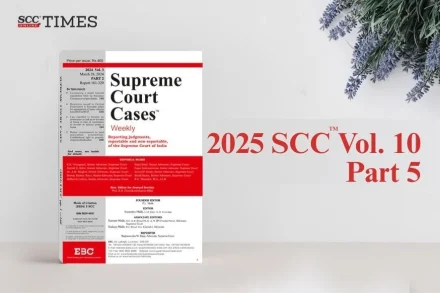
2025 SCC Vol. 10 Part 5
2025 SCC Vol. 10 Part 5: Explore the latest Supreme Court Cases on Advocates Act, Arbitration, Civil Procedure Code, Constitution, Customs, Criminal Law, and more.

2025 SCC Vol. 10 Part 5: Explore the latest Supreme Court Cases on Advocates Act, Arbitration, Civil Procedure Code, Constitution, Customs, Criminal Law, and more.
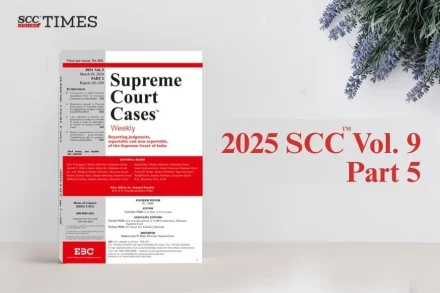
2025 SCC Vol. 9 Part 5: Explore the latest Supreme Court Cases on Arbitration, Civil Procedure Code, Consumer Commissions, Election Law, NI Act, Service Law, and IBC.

2025 SCC Vol. 9 Part 4: Explore the latest Supreme Court Cases on Civil Procedure Code, Constitution, Criminal Law, Motor Vehicles Act, and IBC.
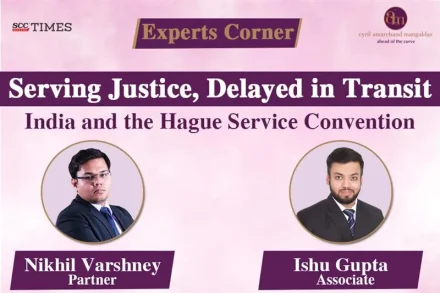
by Nikhil Varshney* and Ishu Gupta**

“The phrase “does not disclose the cause of action” must be very narrowly construed. The rejection of plaint at the threshold entails very serious consequences. This power must be exercised only in exceptional circumstances and when the Court is sure that plaintiff does not have any arguable case at all.”
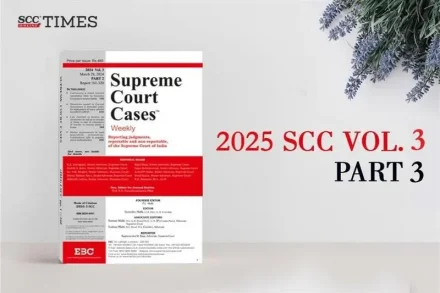
Civil Procedure Code, 1908 – Or. 6 R. 17 – Amendment of plaint — Continuous cause of action
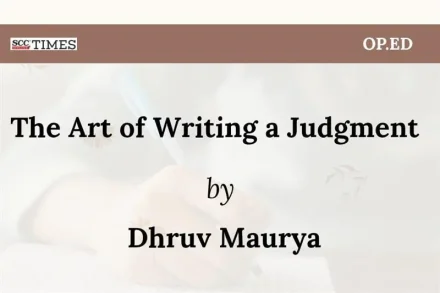
by Dhruv Maurya*
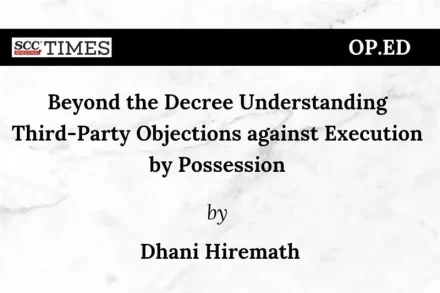
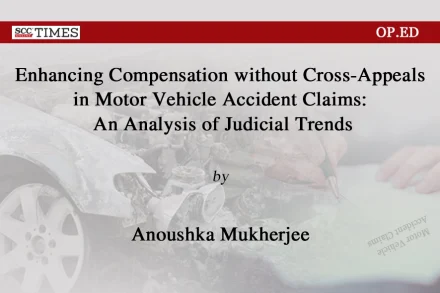
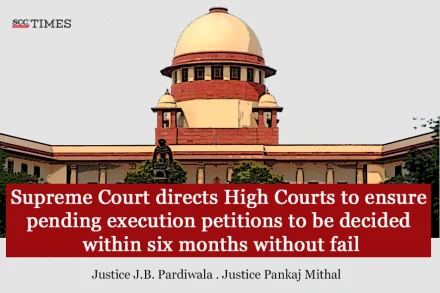
“It is said that the woes for the litigants in this country start once they are able to obtain a decree in their favour and are unable to execute and reap its fruits for years together.”
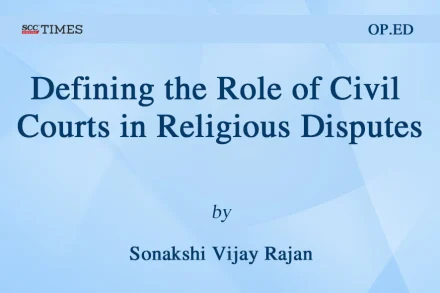
by Sonakshi Vijay Rajan*
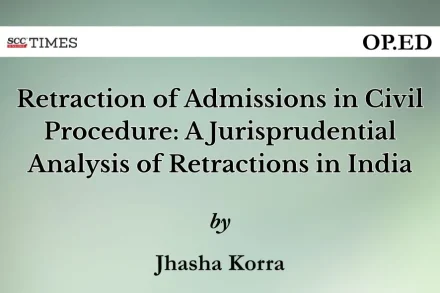
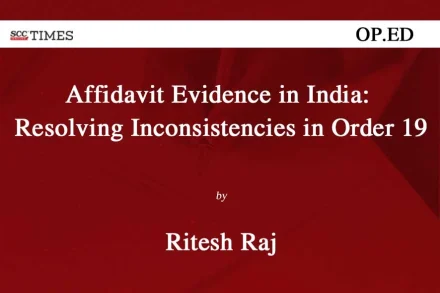
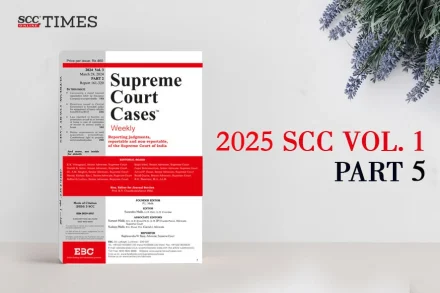
Advocates Act, 1961 — S. 24(1)(f) — Enrolment Fees: Charging of enrolment fees in excess of statutory stipulation under Advocates Act, 1961
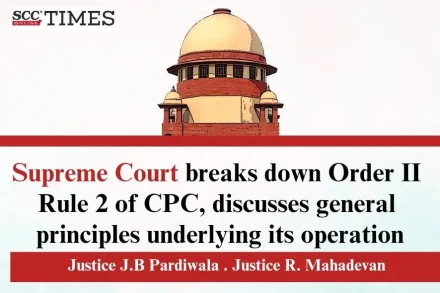
“The stage at which the first suit is, would not be a material consideration in deciding the applicability of the bar under Order II Rule 2. What needs to be looked into is whether the cause of action in both suits is one and the same in substance, and whether the plaintiff is agitating the second suit for claiming a relief that was very well available to him at the time of filing the first suit.”
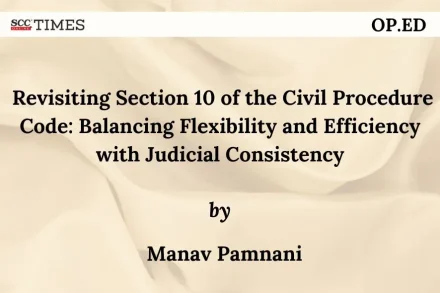
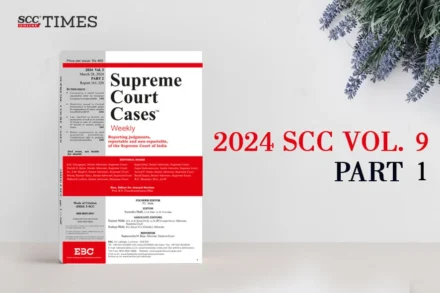
Civil Procedure Code, 1908 — Or. 7 R. 11(d) — Suit or application whether barred by limitation — When no limitation provided for — Power
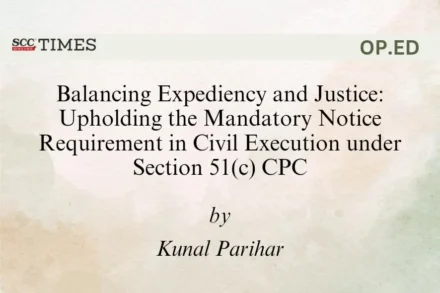
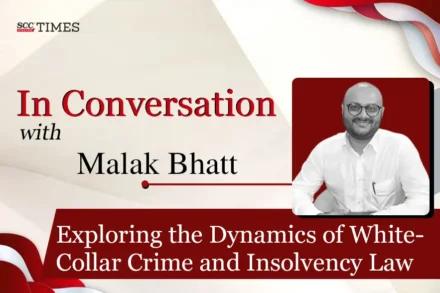
Interviewed by Zoya Ahmad
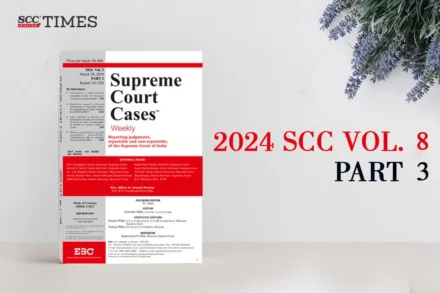
Civil Procedure Code, 1908 — Or. 43 R. 1(r) — Infructuous/Futile appeal: Appeal against interim order